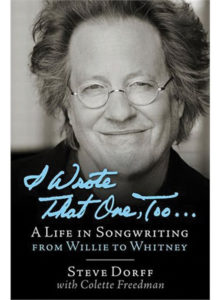Now is the right time to become an American Federation of Musicians member. From ragtime to rap, from the early phonograph to today's digital recordings, the AFM has been there for its members. And now there are more benefits available to AFM members than ever before, including a multi-million dollar pension fund, excellent contract protection, instrument and travelers insurance, work referral programs and access to licensed booking agents to keep you working.
As an AFM member, you are part of a membership of more than 80,000 musicians. Experience has proven that collective activity on behalf of individuals with similar interests is the most effective way to achieve a goal. The AFM can negotiate agreements and administer contracts, procure valuable benefits and achieve legislative goals. A single musician has no such power.
The AFM has a proud history of managing change rather than being victimized by it. We find strength in adversity, and when the going gets tough, we get creative - all on your behalf.
Like the industry, the AFM is also changing and evolving, and its policies and programs will move in new directions dictated by its members. As a member, you will determine these directions through your interest and involvement. Your membership card will be your key to participation in governing your union, keeping it responsive to your needs and enabling it to serve you better. To become a member now, visit www.afm.org/join.
 One of the most successful songwriters and composers of the last 25 years, Steve Dorff has penned more than 20 top 10 hits for pop and country artists around the world, plus scored television shows and films. More recently he’s been working in musical theatre on his musical Josephine. He’s been named Nashville Songwriters Association International (NSAI) songwriter of the year and received more than 40 BMI awards. Full of heartfelt stories and hard-earned wisdom, Dorff wrote this book for anyone who has chased a dream and survived the surprising turns in the road.
One of the most successful songwriters and composers of the last 25 years, Steve Dorff has penned more than 20 top 10 hits for pop and country artists around the world, plus scored television shows and films. More recently he’s been working in musical theatre on his musical Josephine. He’s been named Nashville Songwriters Association International (NSAI) songwriter of the year and received more than 40 BMI awards. Full of heartfelt stories and hard-earned wisdom, Dorff wrote this book for anyone who has chased a dream and survived the surprising turns in the road.

